October 1, 2020
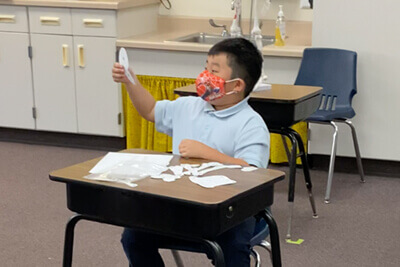 by Dr. Bill Hudson, Head of School
by Dr. Bill Hudson, Head of School
I recently stepped into a third-grade classroom and taught a lesson on fractured fairy tales. Students were learning about the essential elements of good writing—the setting of the story, the plot, and point of view. By placing the traditional fairy tale of the “Three Little Pigs” in the context of the culture and geography of the Southwest, students critically analyzed the text and discussed the writer’s choices. By asking questions such as the significance of a house made of tumbleweed instead of straw, saguaro instead of sticks, or an adobe house instead of a brick house, they also were learning the important skill of critical thinking.
Over the last several weeks, I’ve written on two particular weighty issues: antiracism and civil discourse. What is common to both topics is critical thinking. The work of dismantling racism depends on the ability to think critically about what laws, cultural norms, and policies perpetuate racism. Likewise, critical thinking is fundamental to civil discourse by insisting that ideas, opinions, and beliefs are both intellectually grounded and evidence-based. Read More
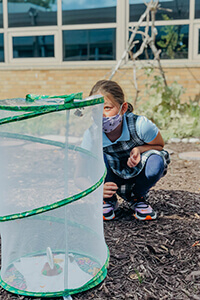 You and your entire family are warmly invited to attend the MPA Preview on Sunday, November 8 at 2 PM.
You and your entire family are warmly invited to attend the MPA Preview on Sunday, November 8 at 2 PM.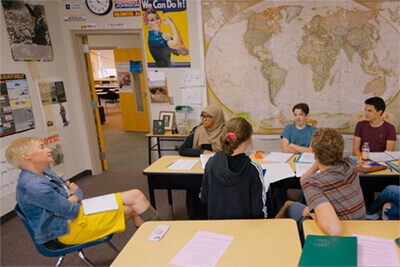 At this moment in our nation’s history and in the midst of vitriol and violence, I’ve found inspiration in poet Micky ScottBey Jones in her call to create “brave space” where healing can take place in the midst of caring community. At MPA, we seek to build a brave place where students are known and valued and together create a space where we treat each other with kindness and respect. In brave space, students learn to truly value one another and work together to make room for diverse perspectives.
At this moment in our nation’s history and in the midst of vitriol and violence, I’ve found inspiration in poet Micky ScottBey Jones in her call to create “brave space” where healing can take place in the midst of caring community. At MPA, we seek to build a brave place where students are known and valued and together create a space where we treat each other with kindness and respect. In brave space, students learn to truly value one another and work together to make room for diverse perspectives. On the morning of Saturday, May 30, I awoke very early, with only a few hours of sleep and with great sadness. The explosion of anger and frustration manifesting in peaceful protests juxtaposed with the violence and destruction across Minneapolis and the nation the night before was hard for me to fathom. In the months since then, the murder of George Floyd and other Black, Indigenous, and People of Color (BIPOC) have prompted both dangerous civil unrest and peaceful protest and brought to the forefront systemic racism embedded in our society.
On the morning of Saturday, May 30, I awoke very early, with only a few hours of sleep and with great sadness. The explosion of anger and frustration manifesting in peaceful protests juxtaposed with the violence and destruction across Minneapolis and the nation the night before was hard for me to fathom. In the months since then, the murder of George Floyd and other Black, Indigenous, and People of Color (BIPOC) have prompted both dangerous civil unrest and peaceful protest and brought to the forefront systemic racism embedded in our society.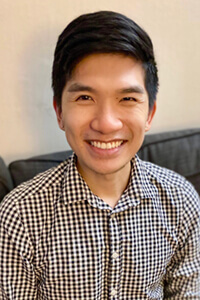 Meet MPA Talks speaker Garseng Wong ’11! Garseng attended MPA from grades 4-12 and went on to study Human Biology at Stanford University. He concentrated on nutrition and chronic disease management and initially thought about working as a primary care physician to continue this interest, but during his time in medical school at NYU, pivoted to psychiatry because the field afforded him more time to get to know patients deeply and personally. He is currently a resident psychiatrist at NYU and hopes to specialize in child-adolescent psychiatry, focusing his work with queer youth and young adults long-term. Get to know more about Garseng before MPA Talks on September 30 with the Q&A below!
Meet MPA Talks speaker Garseng Wong ’11! Garseng attended MPA from grades 4-12 and went on to study Human Biology at Stanford University. He concentrated on nutrition and chronic disease management and initially thought about working as a primary care physician to continue this interest, but during his time in medical school at NYU, pivoted to psychiatry because the field afforded him more time to get to know patients deeply and personally. He is currently a resident psychiatrist at NYU and hopes to specialize in child-adolescent psychiatry, focusing his work with queer youth and young adults long-term. Get to know more about Garseng before MPA Talks on September 30 with the Q&A below! by Safa Madar, Class of 2022
by Safa Madar, Class of 2022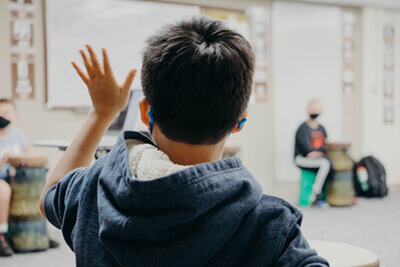 by Dr. Bill Hudson, Head of School
by Dr. Bill Hudson, Head of School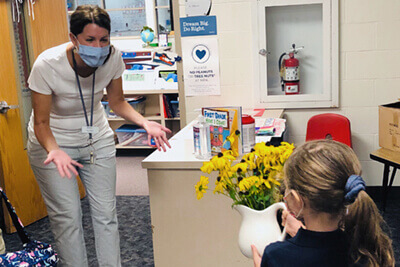 by Dr. Bill Hudson, Head of School
by Dr. Bill Hudson, Head of School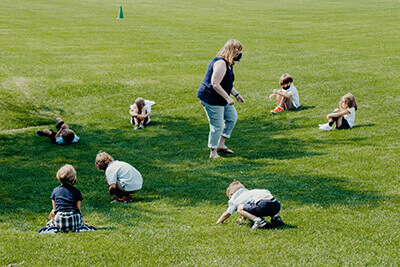 by Dr. Bill Hudson, Head of School
by Dr. Bill Hudson, Head of School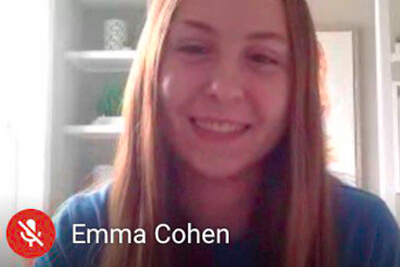 by Emma Cohen, MPA Class of 2021
by Emma Cohen, MPA Class of 2021